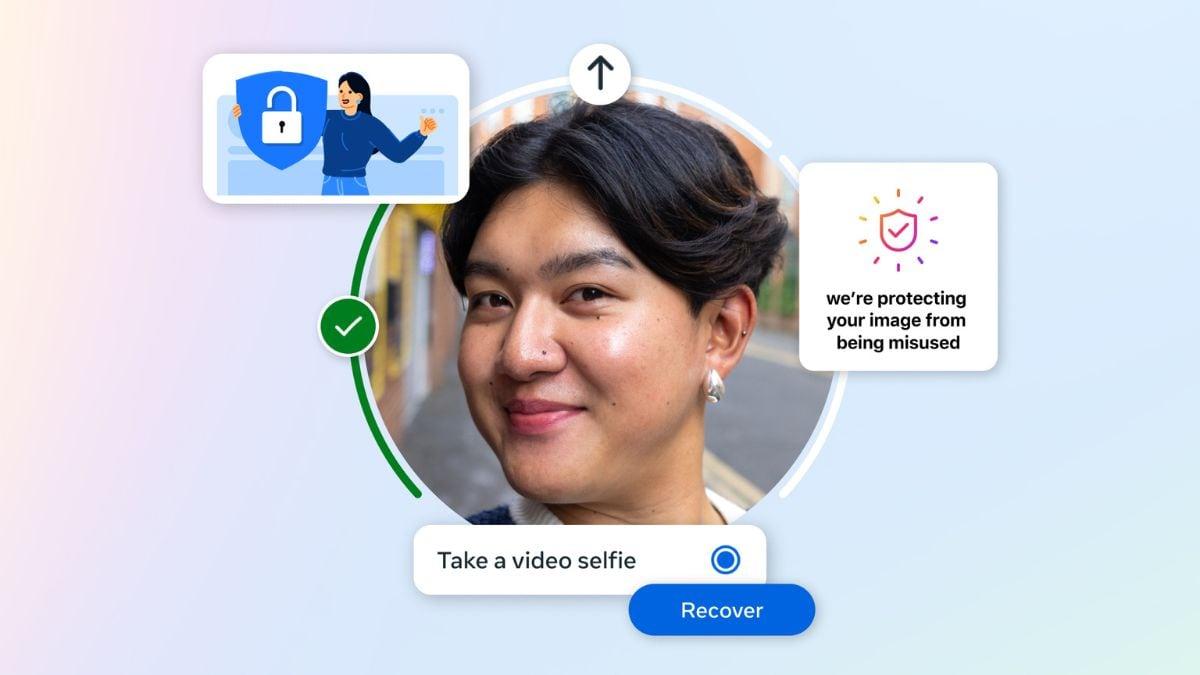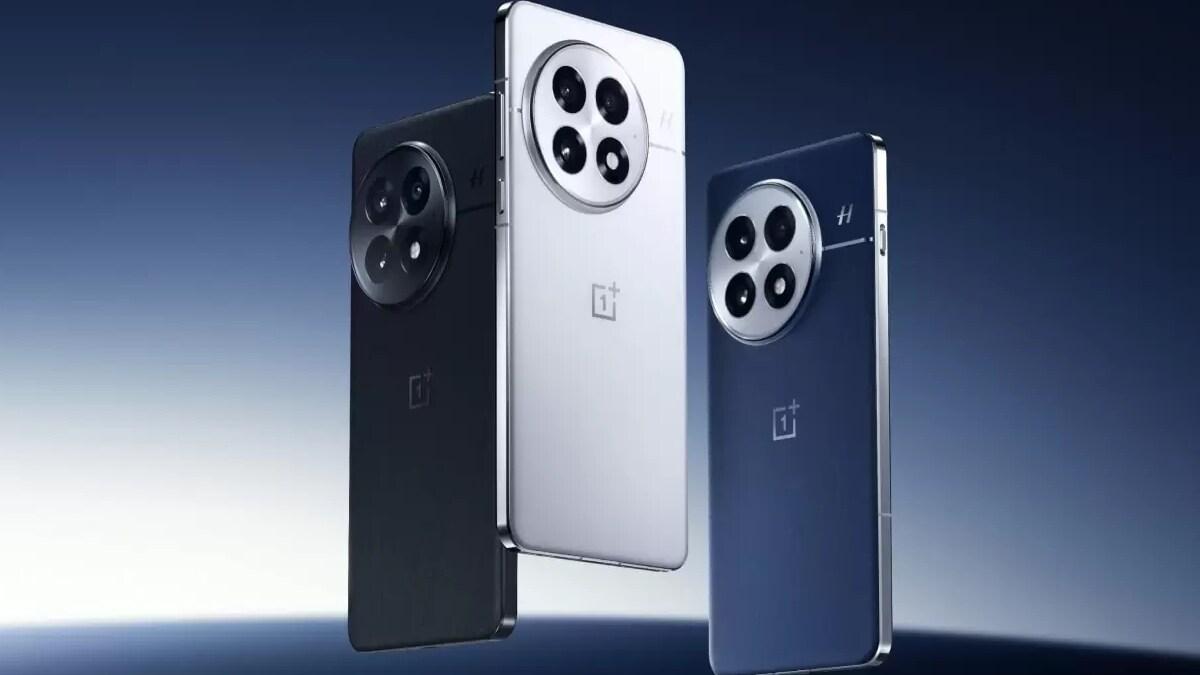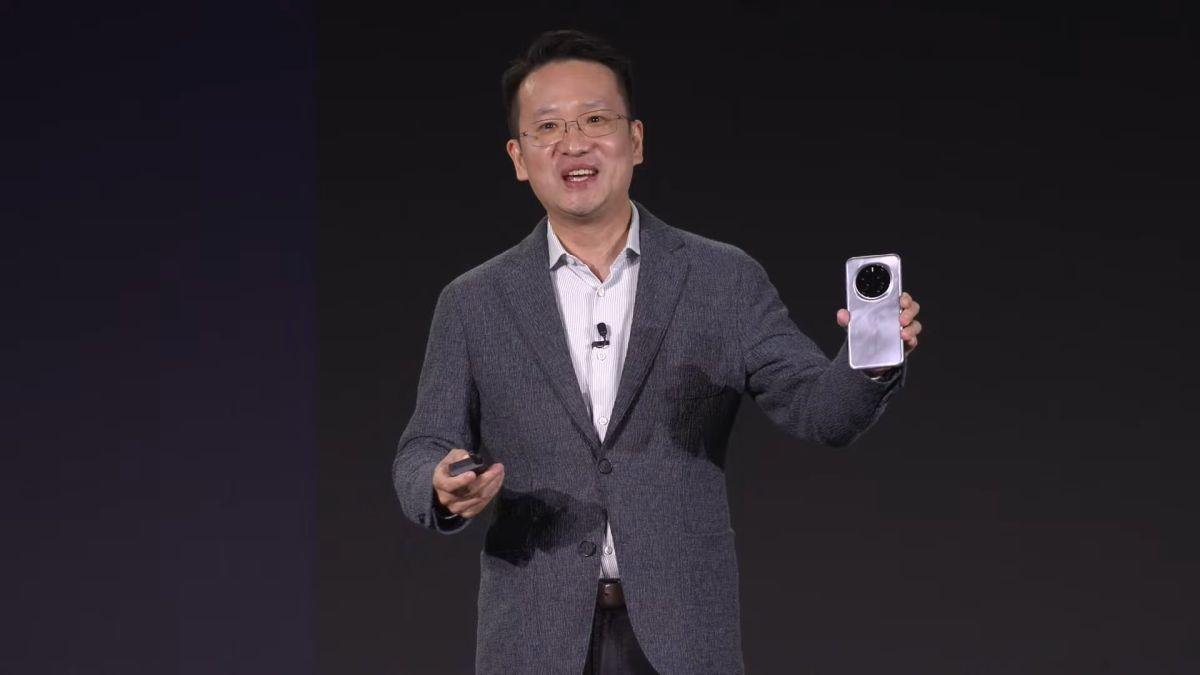
Meta Testing Facial Recognition to Spot 'Celeb-Bait' Ad Scams
Meta announced that it's testing facial recognition technology to detect scam ads and assist users in faster account recovery on Monday.
The social media giant is specifically targeting “celeb-bait” ad scams, where scammers use images of celebrities and public figures to lure users into interacting with the ad and clicking malicious links.
Additionally, the Menlo Park-based tech giant is also testing using video selfies to let users quickly regain access to their compromised accounts.
The company said it aims to proactively remove harmful content from its platforms to create a safer experience for users.
Meta Testing Facial Recognition Technology In a newsroom post, the social media giant detailed its approach to using facial recognition technology.
Meta is currently working on using the technology in two ways — detecting “celeb-bait” ad scams and identity verification for quicker account recovery.
Highlighting the issue of “celeb-bait” ad scams on Facebook and Instagram, the company said that scammers often use images of public figures to make users interact with ads.
Users are asked to click on fraudulent links, and because of the trust factor of the celebrity, some fall for scams.
Meta AI on WhatsApp Might Soon Be Able to Remember Your Preferences So far, Meta has used the native ad review system to detect fake ads from legitimate ones.
This system is based on machine learning and reviews millions of ads that run on its platforms.
The automated system analyses the text, images, and videos featured in the ad.
Now, to further bolster the system, the social media giant is testing facial recognition.
The company is currently using facial recognition on a limited scale to “compare faces in an ad to the public figure's Facebook and Instagram profile pictures.
” In case a match is confirmed and it is determined that the ad is a scam, Meta said it will automatically block it.
The technology is also being used to detect and block accounts that impersonate a public figure.
Currently, Meta is in early stages of testing and is using a small group of celebrities and public figures to check and improve the speed and efficacy of detection.
“In the coming weeks, we'll start showing in-app notifications to a larger group of public figures who've been impacted by celeb-bait letting them know we're enrolling them in this protection,” the company added.
Public figures who enrol in this protection will be allowed to opt out via Account Centre.
Meta Unveils New Facebook Video Tab and AI-Powered Video Ad Tools Facial Recognition in Account Recovery Meta is also testing the use of facial recognition to help users regain access to compromised accounts.
Many times, Meta's automated systems can flag an account incorrectly and lock it.
This could be due to suspicious activity or if a hacker attempted to break into the user's account.
Alternatively, proving identity is also necessary if users forget their account passwords.
In such cases, users so far were asked to verify their identity by submitting a government identity card.
Now, the social media giant is testing the use of video selfies to quickly let users regain access to their accounts.
Users will have to upload a video selfie, and by running facial recognition technology, the company will compare the data to the profile pictures on the account they are trying to access.
In both use cases, Meta claims that it will not store any facial data generated after the comparison is made, regardless if there is a match or not.
Additionally, in video selfies, the company stated that the video data will be encrypted and “will never be visible on their profile, to friends or to other people on Facebook or Instagram.
” .
embed-container { position: relative; padding-bottom: 56.
25%; height: 0; overflow: hidden; max-width: 100%; } .
embed-container iframe, .
embed-container object, .
embed-container embed { position: absolute; top: 0; left: 0; width: 100%; height: 100%; }.
Related Articles
technology
Elon Musk Hands Out Cash, Makes False Claims On Pennsylvania Tour
October 22, 2024

For four days billionaire Elon Musk toured Pennsylvania, putting his money and fame into helping Republican Donald Trump's campaign to take back the White House in November.
Musk drew praise from conservatives at his rallies while fielding questions about artificial intelligence, government regulation, sentient robots and vaccines.
read moretechnology
OnePlus 13 Will Launch With Snapdragon 8 Elite Chipset
October 22, 2024

Qualcomm unveiled its long-awaited Snapdragon 8 Elite mobile SoC during its Summit 2024 event in Maui on Monday.
Shortly after the launch, OnePlus officially announced that its upcoming OnePlus 13 will run on the new mobile platform.
read moretechnology
Honor Magic 7 Series to Arrive With Snapdragon 8 Elite Chip, AI Features
October 22, 2024

Honor Magic 7 series was teased on Monday at Snapdragon Summit 2024, Qualcomm's annual launch event for its next-generation flagship mobile chipset.
The smartphone maker has confirmed that the Honor Magic 7 lineup will be equipped with the new Snapdragon 8 Elite processor that was unveiled by the chipmaker.
read more